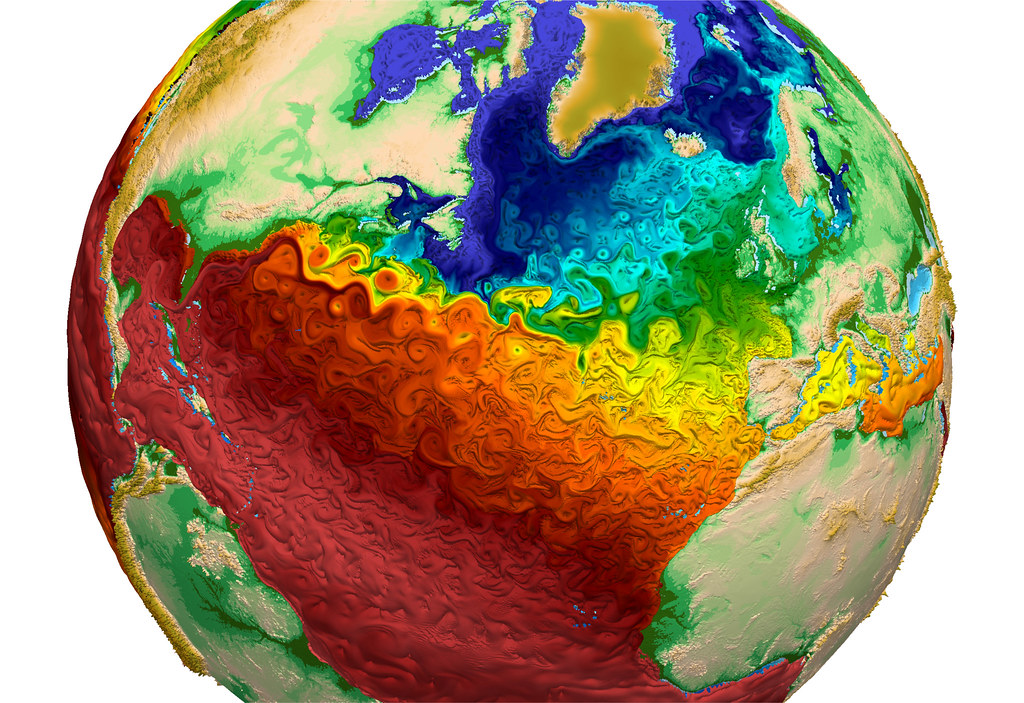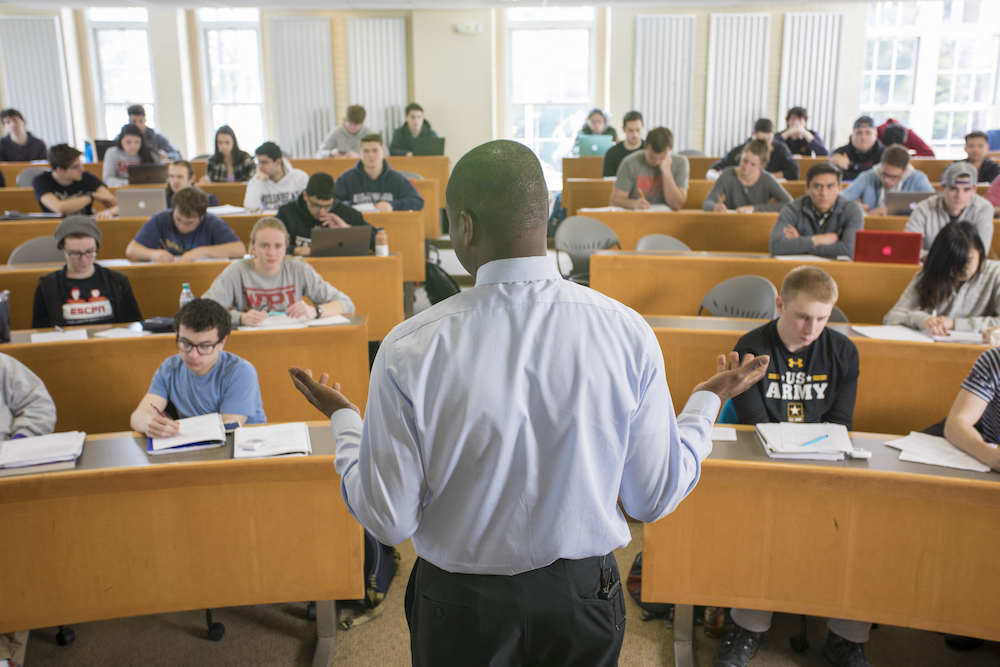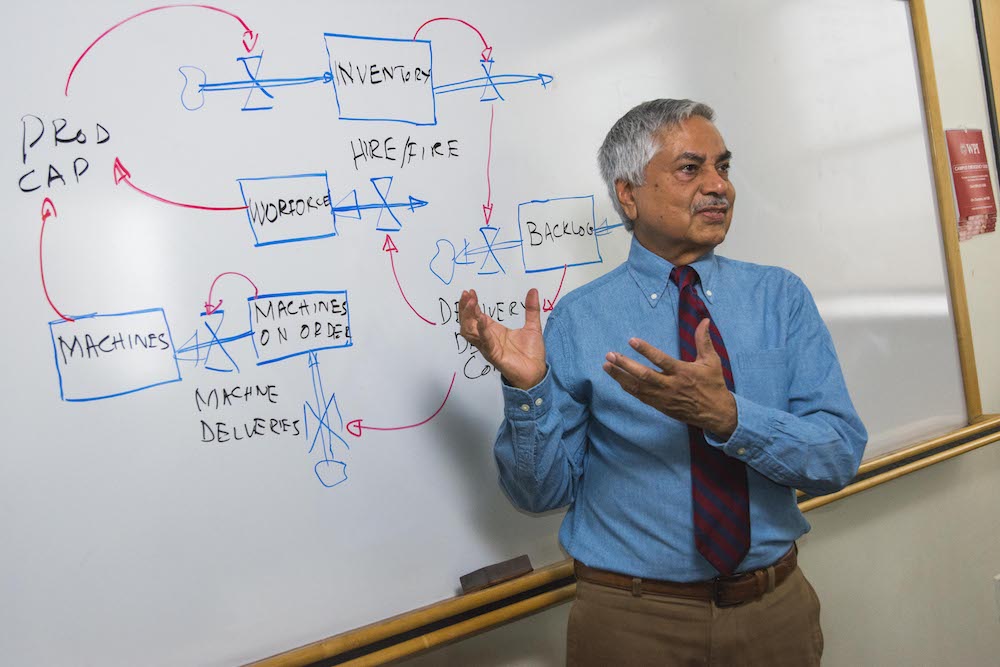
 "The Art of Climate Modeling" by Los Alamos National Laboratory is licensed under
"The Art of Climate Modeling" by Los Alamos National Laboratory is licensed under
"It is apparent that environmental problems have outgrown national policy frameworks. Thus, institutions have emerged at the international and transnational levels to coordinate collective problem solving. But governance involves more than just the practicality of problem solving; it also involves uncertainty, controversy, power and politics. This course will examine the ways in which global environmental governance has been conceived: from establishing international institutions and agreements, to less tangible ways of interacting. We will examine themes such as scales of governance (from the United Nations to communities), policy networks, the role of NGOs, think tanks and special interests and the role of knowledge in global environmental debates. Students will then use this conceptual and theoretical basis to analyze major global environmental issues including: deforestation; biodiversity; endangered species; and climate change. The goals of this course are to gain an understanding of the main positions in global environmental debates; critically analyze these positions; and gain insight into the politics of global environmental policy and governance. "
For a full listing of GOV-related courses, please see Department of Social Sciences and Policy Studies: GOV Course Descriptions.

From the Department of Social Sciences and Policy Research:
"You must understand society to effectively address our global grand challenges. Toward this end, the Social Science & Policy Studies (SSPS) department prepares students to understand human behavior and cognition, the environment, sustainable development, policy design and evaluation, and systems thinking. Through our teaching and student research opportunities, we cultivate professionals who have a deep understanding of the social impacts of science, technology, and innovation.
Our dedicated faculty offers students unique opportunities to make connections between societal concerns and technology through faculty-led research and student projects. To prepare themselves professionally, many of our students will double major in a technical field and a complementary SSPS-related degree. We also offer a variety of minors that can be uniquely paired with any major."
For a full description of programs and courses on offer, please refer to the Department of Social Science & Policy Studies.

This guide highlights relevant research databases, journals, books, and websites in the fields of government, environmental policy, and politics. In this guide, students will find information on where to look for peer-reviewed and scholarly research, overviews of citation formatting, places to look for current events, and much more.
To navigate through this guide, click on the tabs to the left to access the various pages within this guide; in addition, please click on the tabs within individual pages to toggle between available content.
Don't forget about another resource available to you on and off campus - the Research and Instruction Librarians! That's our job - to help you with the research process. You can contact us in person, by email, by phone or by live chat. Our contact information is in the box to the left.